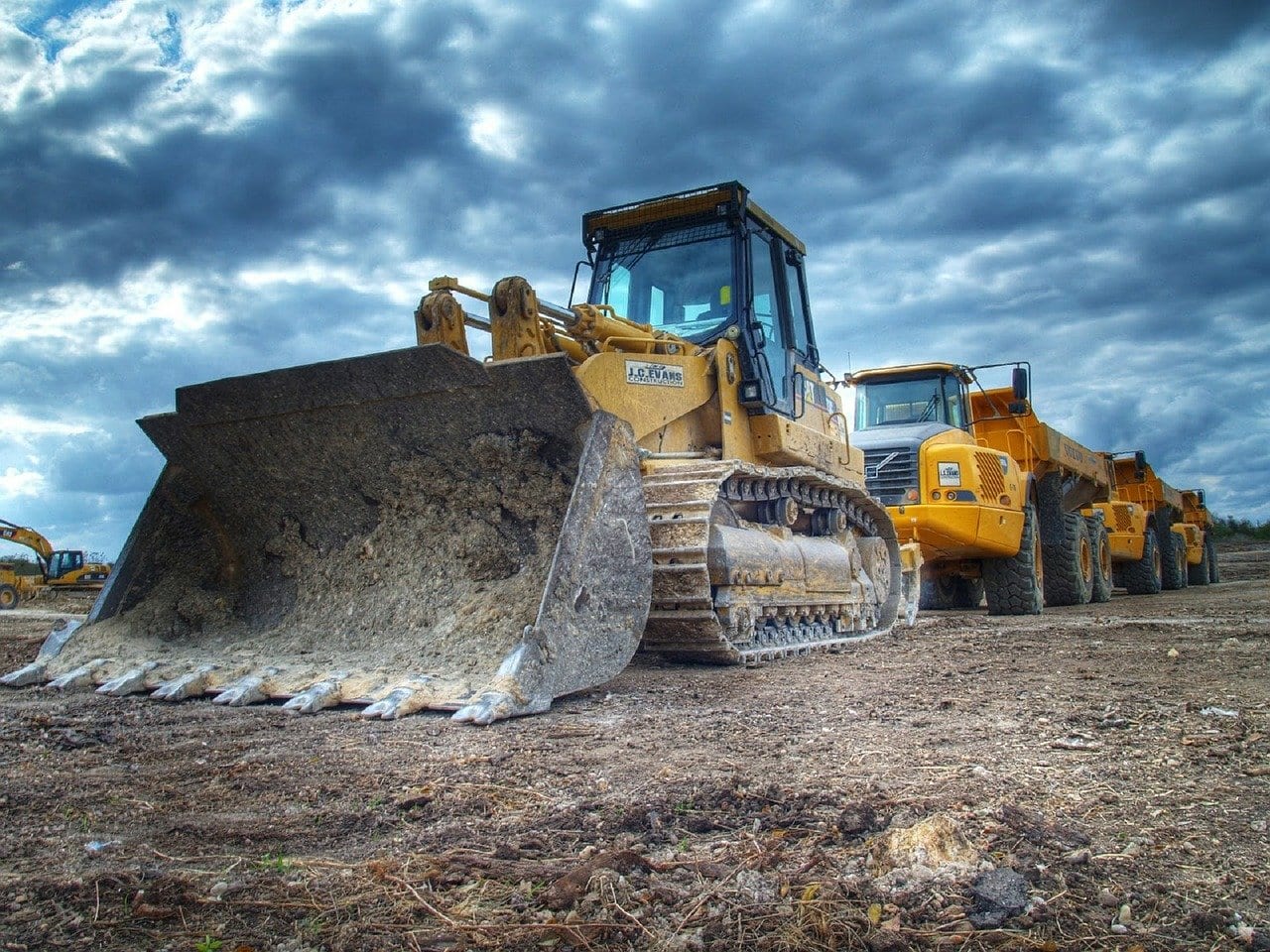The Smaller Your Goals, The Better

Okay, you might be thinking, “Wait. Did I read that right? Surely you are joking. How can that possibly be true?”
Everyone today is continually searching for the big goal. For the huge win. For the epic victory. But what if I were to tell you that this search is mostly in vain—especially today during the COVID 19 crisis and all else that is going on in the world?
Instead of focusing on the big goal, try the little victory. In fact, the smaller your goals, the better. How?
Well, there was an ice cream machine salesman a few years back who wanted to sell more ice cream machines. That was his big goal. So, he tended to his big goal the way most of us do. He would not quit until he got there. And he used an analytical construct of ‘volume’ that would help him get there. Get more customers, sell more machines. Volume. Right?
But when you think creatively instead of analytically—and you begin to start to think in terms of the little victory—the everything changes. One day, he got an order from a particular restaurant that kept ordering more and more machines. He decided to think creatively instead of analytically. He went to the restaurant and discovered the best cheeseburger he ever had. His Name was Ray Croc, and the restaurant was McDonalds.
At any point, Ray could have stuck with his big analytical victory of selling more ice cream machines and ignored all else except volume to help him get there. That is what most of us do in business and our careers today. But Ray took a chance. He took a chance on creativity. He listened to the little victory—that this one particular restaurant was ordering more and more machines—and then decided to take a closer look. And in doing so, he discovered that his big goal should not be selling ice cream machines at volume after all. Maybe his little victory—the small goal—was telling him something far more valuable than the big win.
What little victories are occurring in your business or career today that you are ignoring? And at what costs?
It’s easy today to feel defeated by what is going on in the world. It is easy to feel that we are not living up to our potential with widespread lockdowns, work-from-home mandates, social distancing, and other hurdles. It’s easy to say, well, I haven’t had a little victory since COVID hit.
But I urge you to look harder. Dig deeper. Think creatively.
Creativity takes hold and allows us a view of the little victory as something worth pursuing. And often this is hidden in plain sight. Because while we are chasing that big victory, we are ignoring the breadcrumbs that are trying to tell us what path we should be on instead.
Yes, big victories can sometimes happen—but, then again, sometimes they don’t. And, in many cases, the timeline for a big victory can be months or even years. But when we look at the little victories and celebrate them, we learn to shift our perspective. We see that, indeed, they are all around us. We just need to look.
This is an amazingly powerful creative tool that you can use today in your business or career. Try it right now. Pause for a moment and think: What has happened recently that could be a little victory that you steamrolled over in your pursuit of seemingly more worthwhile goals? In that small victory is a morsel of amazing creative potential. But you need to see it. Value it. Treasure it. And, yes, learn to love it.
If that sounds unimpressive to you—or, perhaps. lacking in vision—it is anything but. It turns out that when we allow ourselves to be guided by the little victory and the small goal, the road we take may be much richer than the road we started off on. And in today’s climate, nothing can be more important.
About the Author








